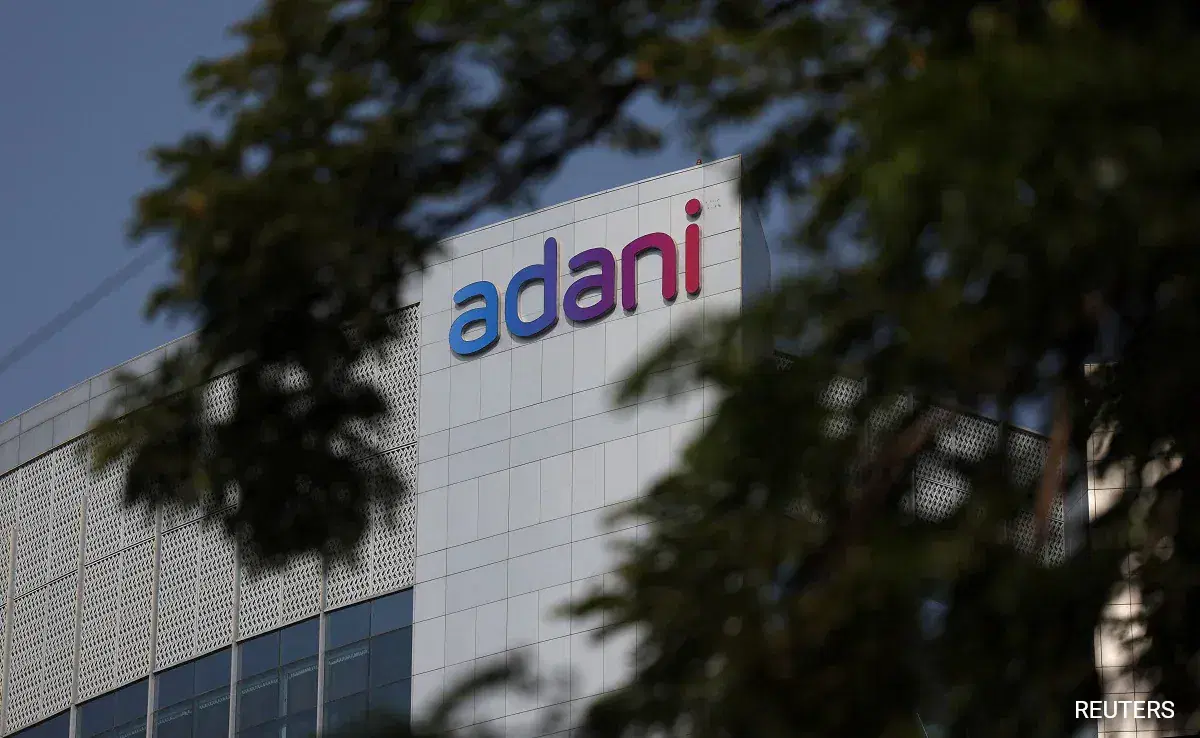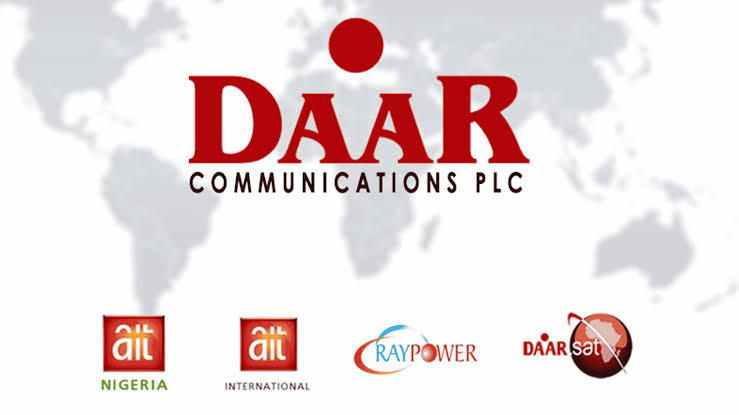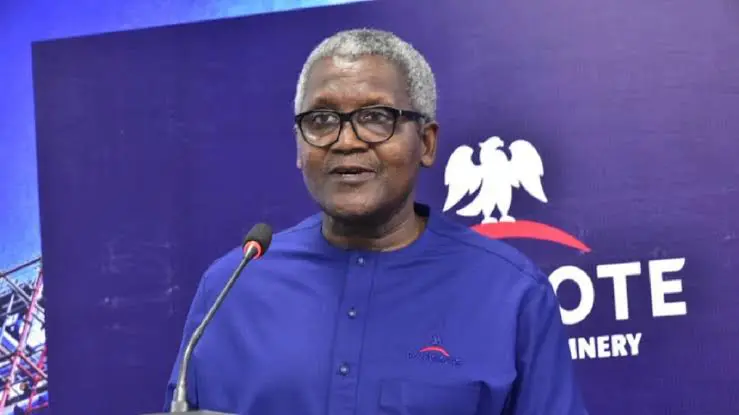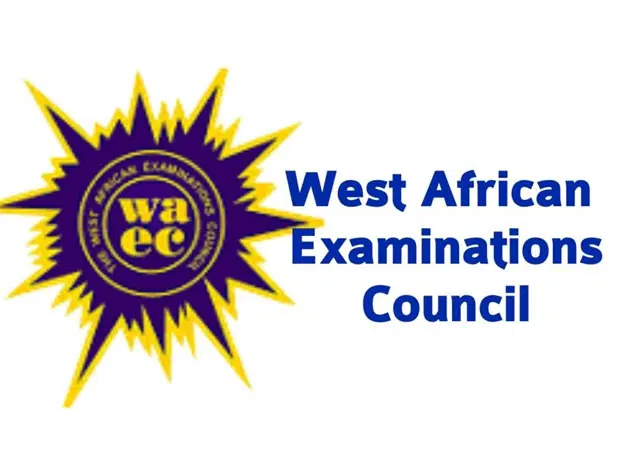The House of Representatives expressed its commitment to retrieving a substantial amount of over $9 billion in gas flaring fines that have been imposed by the Federal Government on both domestic and international companies involved in the Oil and gas sector.
The Chairman of the Ad-hoc Committee, Ahmed Munir, tasked with investigating gas flaring, provided reassurance during a post-investigative hearing briefing held in Abuja.
The briefing was attended by a diverse range of stakeholders, including representatives from the Federal Ministry of Environment, the Revenue Mobilisation Allocation and Fiscal Commission, and the National Oil Spill Detection and Response Agency, among others.
Expressing concern over the high degree of impunity exhibited by the operators, Hon. Munir made a commitment that the 10th Assembly will utilise its authority to facilitate the retrieval of all outstanding levies and enforce adherence to existing laws and regulations.
He said, “I can assure you that we will not take this lying down. There are two ways to go about it: we have the issue of penalties that are not paid, amounting to about $9 billion or thereabouts; that one is there. We know how to recover it.
“Secondly, going forward, for those that are still polluting, how do you ensure you get it down to zero, and what are the penalties that are going to be in place?
“Thirdly, the big difference between then and now is that we now have a PIA in place, so how do you implement it? Where we have loopholes, that’s why we are here to hear from the people concerned. Is there any amendment that will be required?
“If you are going to bid for an oil bloc in Nigeria and you see that out of the criteria one is your gas master plan, how do you key into that? You can’t win a bid without ensuring you’ll be able to utilise that gas or evacuate the gas responsibly.
“The issue of how many people do FIRS run around and make them pay their taxes is that if you’re a contractor and you are bidding and you don’t have your FIRS Certificate, you are not going to go anywhere if you don’t have various certificates, whether BPP, BPE, or whatever may be the case.
“So, if you don’t have that, you can’t win the bid, so are we going to go and look for you to pay your fees, or do you go yourself to pay your fees? So, we have to create a mechanism where the business environment requires that certain things be put in place.
“If an establishment is going out to go and look for a loan and you are owing another bank, I believe there’s a central database of the CBN that even if you’re owing N1, you’ll be declined.
“So, why shouldn’t we have a centralised database of defaulters owing so that the people who are not doing the right thing can’t further renege on these issues?” Munir noted.
In his speech, the chairman of the RMAFC Gas Monitoring Committee, Patrick Mgbebu, revealed that the gas flare penalty payment regime from 2013–2018 (2018 January–June) was set at US$0.30, while from 2018 (July–December) to 2023, it is set at $2.00. The amount of fines due came to $3,465,299,226.55; nevertheless, the value of the gasoline, had it been sold instead of flared, would have been $12,403,000,001.20.
“The Commission compared the data from NOSDRA with the data from the Nigerian Upstream Petroleum Regulatory Commission, and the following observations were made: the volume of gas flared according to NOSDRA and NUPRC was 838,667,211 Mscf and 700,975,019 Mscf, respectively. The difference, which is 137,692,192 Mscf, indicated that the Federation Account was shortchanged. It should be noted that the comparison covered three years, from 2020 to 2022.
“That the value of gas flared according to NOSDRA and NUPRC is $320,583,355.48 and $43,325,050.76, respectively. As such, the variance Indicated that the Federation Account was shortchanged by $277,258,304.72.
He emphasised the need for immediate action to address the problem while emphasising that Nigeria has proved gas reserves of 201 trillion standard cubic feet and unproven gas reserves of 600 trillion standard cubic feet.










